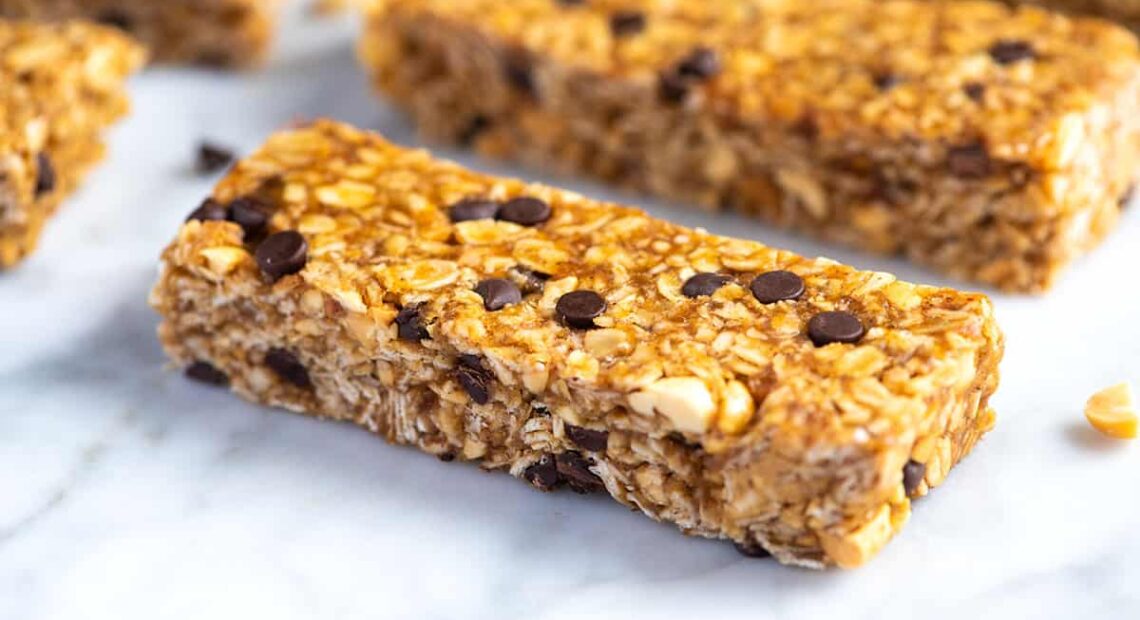
In the quest for a healthy lifestyle, many of us diligently seek out foods that are labeled as “healthy” or “nutritious.” However, not all foods that are perceived as healthy are necessarily packed with essential nutrients. Some may be high in calories, sugar, or unhealthy fats, while others may lack the vital vitamins and minerals our bodies need. Here are eight foods that are often considered healthy but may not be as nutritious as you think:
1. Granola Bars: While granola bars are marketed as a convenient and healthy snack option, many commercial varieties are loaded with added sugars, artificial flavors, and preservatives. Some may also contain unhealthy fats, making them more akin to candy bars than nutritious snacks.
2. Flavored Yogurt: Flavored yogurt may seem like a wholesome choice, but many varieties are packed with added sugars and artificial sweeteners to enhance their taste. Opt for plain yogurt and add your own fruits or honey for sweetness to control the sugar content.
3. Veggie Chips: Despite their name, veggie chips are often made from potato starch or other refined grains, with minimal actual vegetables. They are typically fried and may contain added salt and unhealthy fats, making them a less nutritious choice compared to whole vegetables.
4. Fruit Juice: While fruit juice may provide some vitamins and antioxidants, it lacks the fiber found in whole fruits and is often high in sugar. Consuming fruit juice in excess can lead to spikes in blood sugar levels and contribute to weight gain.
5. Gluten-Free Processed Foods: Gluten-free products have gained popularity in recent years, but many gluten-free processed foods are made with refined grains and additives to mimic the taste and texture of gluten-containing counterparts. They may lack essential nutrients and be higher in calories and sugar.
6. Protein Bars: Protein bars are marketed as a convenient way to boost protein intake, but many commercial varieties are highly processed and contain added sugars, artificial ingredients, and preservatives. Look for protein bars with minimal ingredients and choose those with natural sources of protein.
7. Sports Drinks: Sports drinks are often marketed as essential for hydration and replenishing electrolytes after exercise. However, they are typically high in sugar and calories, making them unnecessary for most people, especially those engaging in moderate physical activity.
8. Agave Nectar: Agave nectar is often touted as a healthier alternative to sugar due to its low glycemic index. However, it is high in fructose and calories and lacks the beneficial nutrients found in natural sweeteners like honey or maple syrup.
Conclusion: While these foods may be perceived as healthy choices, it’s essential to scrutinize their nutritional content and ingredients to make informed decisions about your diet. Opting for whole, minimally processed foods whenever possible and reading labels carefully can help ensure that you’re nourishing your body with truly nutritious options.
Picture Courtesy: Google/images are subject to copyright








